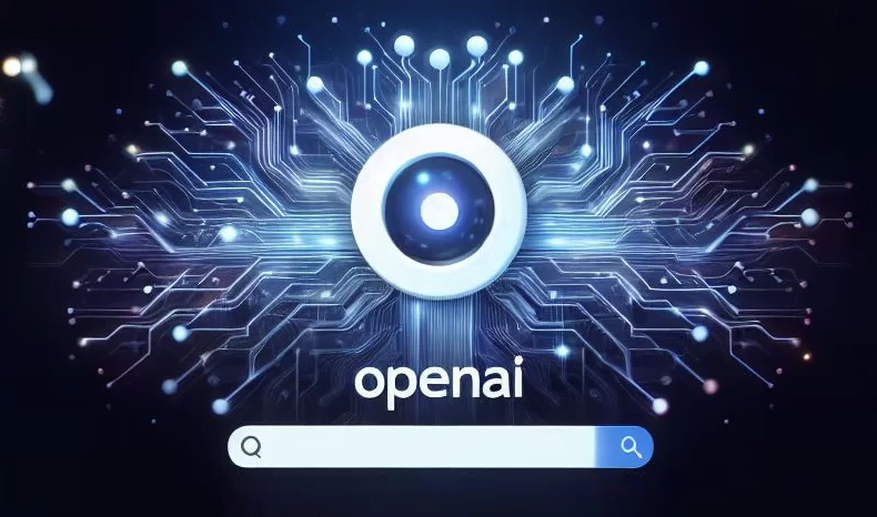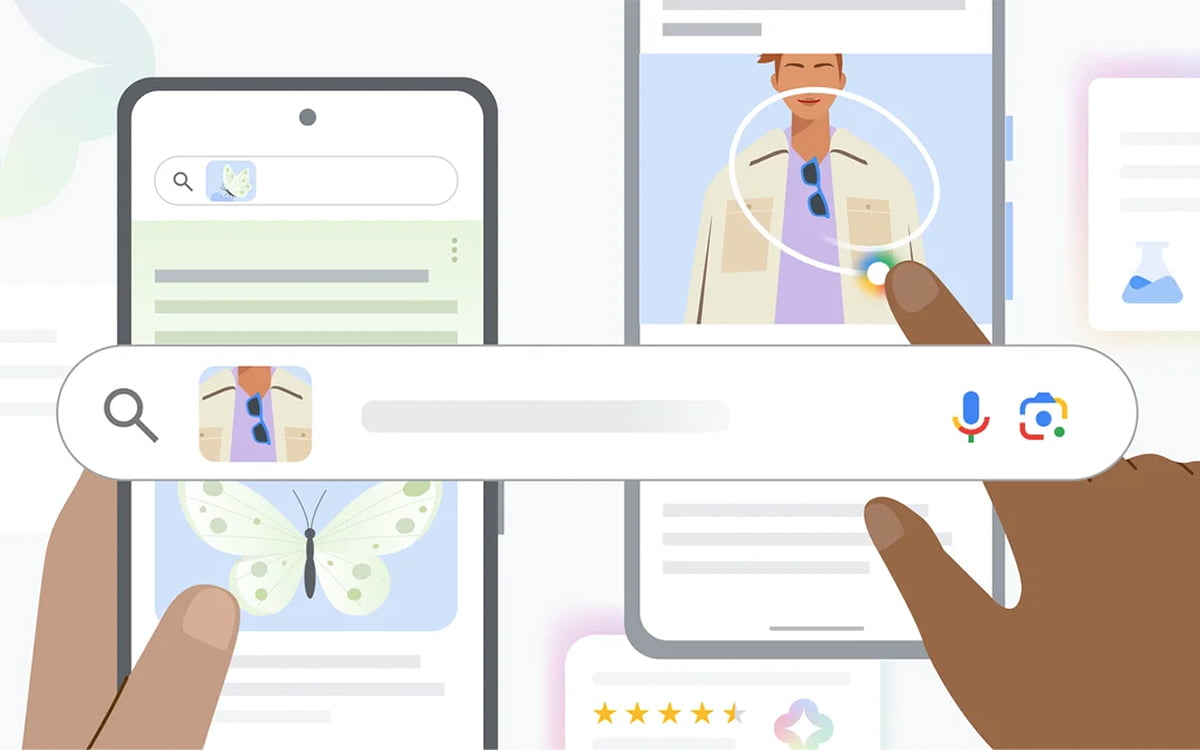OpenAI, renowned for its groundbreaking advancements in artificial intelligence, is reported to be making a bold move that could disrupt the current web search landscape. The report, which first appeared on The Information, indicated that OpenAI is developing a search engine that could pose a significant challenge to Google’s dominance in the search engine domain.
This development is particularly noteworthy as it comes at a time when an increasing number of internet users are turning to OpenAI’s ChatGPT for their information needs.
Related: Google SGE and the Future of SEO – Simple Tips for Staying Relevant!
ChatGPT’s Rising Influence
ChatGPT, a conversational AI model developed by OpenAI, has been rapidly gaining popularity. It’s the fastest-growing app of all time, currently boasting about 180 million users. This AI chatbot interacts in a conversational way, making it possible for users to ask follow-up questions, admit mistakes, challenge incorrect premises, and reject inappropriate requests. The dialogue format of ChatGPT allows for a more contextual and user-aware response, which has led to a significant shift in online search behavior.
OpenAI’s Strategic Approach
OpenAI’s strategic move into the search domain indicates a significant shift in the AI landscape. While the integration of Microsoft’s Bing into its services, particularly ChatGPT, has been known, OpenAI seems to be taking this a step further. The organization is reportedly leveraging Bing to a greater extent, suggesting a more ambitious venture than previously assumed.
This move could potentially redefine the web search landscape. By moving beyond mere incorporation of Bing, OpenAI appears to be aiming to create a more robust, efficient, and user-friendly search service. This could involve enhancing the capabilities of ChatGPT, improving the speed and accuracy of search results, and providing a more conversational and interactive search experience.
This development is certainly one to watch, as it could have far-reaching implications for the future of web search. It’s an exciting time in the AI and tech industry, with companies like OpenAI pushing the boundaries of what’s possible.
Related: Openai’s GPT Store Launches: A New Era of Interactive Chatbots Is Here!
How Will Openai's Search Engine Differ from Google?

While the exact details of OpenAI’s search engine are not yet fully known, we can speculate on some potential differences based on OpenAI’s current capabilities and strategic approach:
- Conversational Interface: OpenAI’s search engine might leverage the conversational AI capabilities of ChatGPT, offering a more interactive and intuitive search experience compared to Google’s keyword-based search.
- AI-Powered Results: OpenAI’s search engine could provide AI-powered search results, potentially offering more contextually relevant and personalized results.
- Integration with Other Services: OpenAI’s search engine might be more deeply integrated with other AI services and tools, providing a more seamless and comprehensive user experience.
- Monetization Strategy: OpenAI’s monetization strategy for its search engine could differ from Google’s ad-based model. This could influence the user experience and the type of search results users receive.
It’s important to note that these are speculations based on available information and OpenAI’s current capabilities and strategic direction. The actual differences will become clearer once OpenAI’s search engine is launched and more details are made available. It’s an exciting development that could bring about significant changes in the web search landscape.
Potential Impact on the Search Landscape
The potential introduction of an OpenAI-powered search engine could indeed disrupt the current web search landscape. If successful, it could pose a significant challenge to Google, which has long held a dominant position in the search engine market. This could lead to increased competition in the search engine market, potentially driving innovation and improvements in search technology.
The search engine is expected to be part of ChatGPT’s premium tier for paying subscribers. However, the exact details of the product and its potential impact on the search market remain to be seen.

Recommended: ChatGPT Gets Memory: Here’s What You Need to Know
Implications for Users and Businesses
OpenAI’s entry into the search market could have several implications for users and businesses. Though, at the moment, the exact details of OpenAI’s search product are still unclear, the implications might include:
- Improved Search Experience: OpenAI’s AI-driven search could offer a more conversational and interactive search experience compared to traditional keyword-based searches. This could make searching more intuitive and user-friendly.
- Personalized Results: AI models like ChatGPT can learn from past interactions, which could lead to more personalized search results based on the user’s preferences and search history.
- Efficient Information Retrieval: OpenAI’s advancements in AI could lead to faster and more efficient information retrieval, reducing the time users spend searching for information.
- Increased Competition: OpenAI’s entry could spur increased competition in the search market, potentially leading to innovations and improvements in search technology that benefit users.
- Privacy Considerations: With any AI-driven service, there could be implications for user privacy. It will be important for OpenAI to clearly communicate how user data is handled and ensure robust privacy protections are in place.
- Potential Cost: Depending on OpenAI’s monetization strategy for its search product, there could be potential costs for users, especially if a subscription model is introduced.
These are just potential implications, and the actual impact will become clearer as OpenAI’s search product is further developed and released. It’s an exciting development that could significantly alter the web search landscape.
Recommended: Dominate Local Search with Google Business Profile Optimization (The Rank Math Advantage)
Conclusion
OpenAI’s decision to venture into the web search domain is set to introduce a new level of competition, challenging Google’s longstanding dominance. By strategically leveraging Microsoft’s Bing and making significant advancements in AI technology, OpenAI is positioning itself as a formidable contender in the search market.
The coming months will reveal the extent of OpenAI’s impact on the search market and how it might reshape user behavior. This development is not just about a new product launch; it’s about the potential to redefine the web search experience and shift the balance of power in the tech industry.
Frequently Asked Questions
What makes OpenAI's search venture different from existing options?
OpenAI's approach emphasizes understanding user intent and context beyond keywords. They aim to leverage their research on large language models (LLMs) to offer a more intuitive and conversational search experience. Additionally, OpenAI's non-profit structure might influence their design priorities, potentially focusing on open access and ethical considerations.
Is Google prepared for the challenge posed by OpenAI?
Google remains the dominant player in search, but they wouldn't ignore a potential competitor like OpenAI. Google heavily invests in AI research and development, suggesting they are prepared to respond to this challenge. The competition could ultimately benefit users by driving innovation and improving search experiences across platforms.
How might OpenAI's entry into search affect its existing user base?
OpenAI's search product, if successful, could attract users already familiar with their other offerings like ChatGPT. It might also appeal to individuals interested in a more open-source, privacy-focused search experience. However, the exact impact depends on the specific features and user adoption of the new product.
Will AI chatbots replace search engines?
It's unlikely that AI chatbots will entirely replace search engines. While they offer a conversational approach to information retrieval, they might not always be ideal for broad searches or in-depth research. Search engines provide access to a vast amount of information and allow for independent exploration, which remains valuable.
What is the future of search with AI?
AI is already transforming search by enabling a deeper understanding of user intent, personalizing results, and providing more intuitive interaction. We can expect AI to play a bigger role in refining search results, integrating various media formats, and offering more contextually relevant information.
Will ChatGPT overtake Google?
It's too early to say whether ChatGPT or any specific AI search engine will overtake Google. While ChatGPT presents promising advancements, Google has a significant head start and invests heavily in AI research. The future of search might involve multiple players offering unique experiences and catering to different user needs.
What is the next generation search engine?
OpenAI's project is definitely a contender for the “next generation” search engine, but it's not alone. Many companies and research teams are exploring AI-powered search solutions. The next generation might involve multimodal search, seamlessly integrate text, voice, and visual information, or offer hyper-personalized experiences based on user preferences and context.
What is Google's AI search engine?
Google already incorporates AI extensively into its search engine. Technologies like RankBrain and BERT analyze user queries and content to understand intent and context, offering more relevant results. While not a separate AI-powered search engine itself, Google leverages AI throughout its existing platform.







